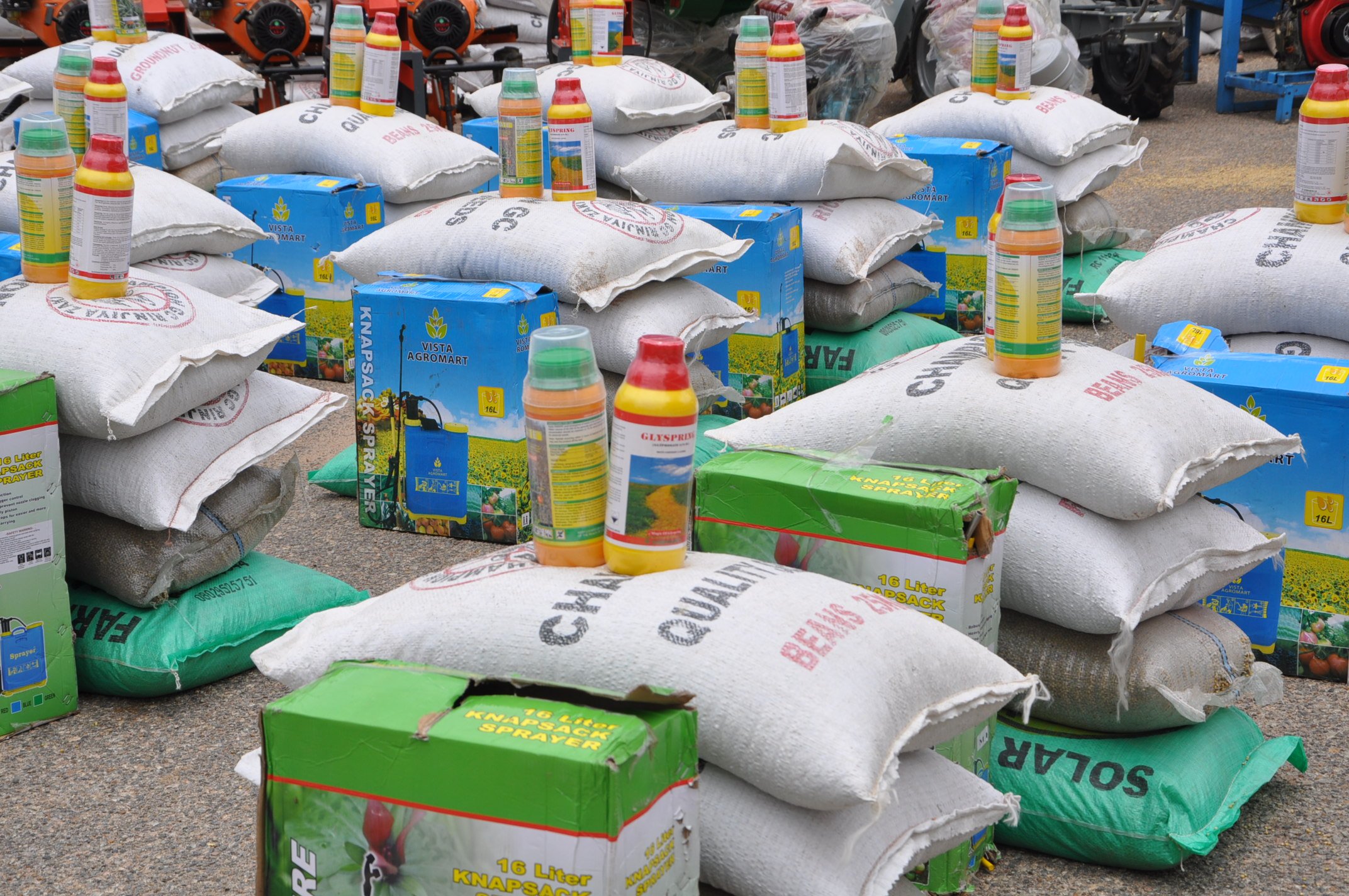NewsPress release
Surging Food Prices, Where? BMO asks Bloomberg

The Buhari Media Organisation has faulted claims by Bloomberg of a further surge in food prices as a result of the Federal government’s decision to curb spending on food imports.
The group said the media outlet did not conduct wide-ranging interviews to back up its position that the new policy could threaten food supplies and push up prices.
BMO said in a statement signed by its Chairman Niyi Akinsiju and Secretary Cassidy Madueke that Bloomberg only approached interview subjects that would confirm its pre-conceived story idea.
“A cursory look through the news item showed that the reporter preferred to speak to an Abuja-based trader who sells imported rice and wheat, so it is not entirely unexpected that she would lament that ‘food will become scarce and very expensive’.
“We know for a fact that the umbrella body of small business owners in Nigeria has hailed the decision to place food on the Central Bank of Nigeria’s foreign exchange exclusion list, but there was no reference to this important group which has since indicated its readiness to cash in on the situation.
“What is even more preposterous about the publication is that Bloomberg quoted a history lecturer at one University in Cameroon who may not know so much about Nigeria and may not even have visited the country this year.
“The lecturer claimed that ‘many families have abandoned their farms and the crops on them have been stolen, destroyed by war or abandoned’. The question is which part of Nigeria is the supposed authority talking about where farmlands have been destroyed by war?
“There is a part of the country known as the food basket of the nation and the last time we checked, there is no war in the area and even the farmers-herdsmen crisis that was referenced has virtually disappeared in the entire geopolitical zone
“While we are not saying that there is no security challenge in some parts of the country, only an outsider would give the impression that a large chunk of farmland in a country as large as Nigeria is in a desolate state. And this is the authority the Bloomberg reporter deemed fit to quote,” it added.
BMO also wondered why the reporter did not deem bother to make an on-the-spot visit to some farming communities or even attempt to balance the story and give his readers the opportunity to make up their mind on the new policy direction.
“In the haste to paint a doomsday scenario, we were told that the food price index in Nigeria has risen almost 80% since the start of 2015 and that it has pushed inflation above the Central Bank’s target.
“We wonder where the reporter got her food price figure from, because they do not reflect the reality in many parts of the country. Only a few days ago, the influential Business Day reported that the prices of staple food such as rice tomato and beans have been on the decline in the last few weeks, especially as the harvest season has started.
“In fact, it is the third month running that food prices have dropped, according to data from the National Bureau of Statistics (NBS)
“It is on record that inflation is on a steady decline and the last figures released by the NBS showed a near one-year low of 11.08%.The CBN had projected that the inflation rate would rise to 12% this year before moderating, but the bank is now looking forward to a single digit rate soon.
“So we are advising the Bloomberg team in Nigeria to travel round the country and speak with more people with facts and figures rather than depend on an Abuja-based dealer in imported rice, or a lecturer in Cameroon to form an opinion on issues beyond their paygrade.”
BMO urged Nigerians to trust in the ability of the Buhari administration to ensure a quantum growth in the agriculture sector as it is already doing with local rice production.




